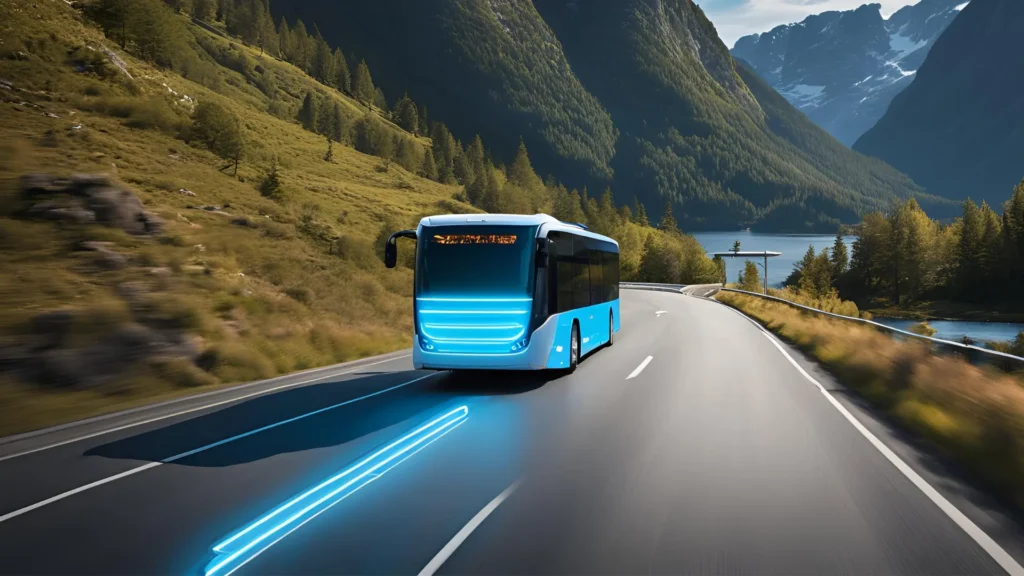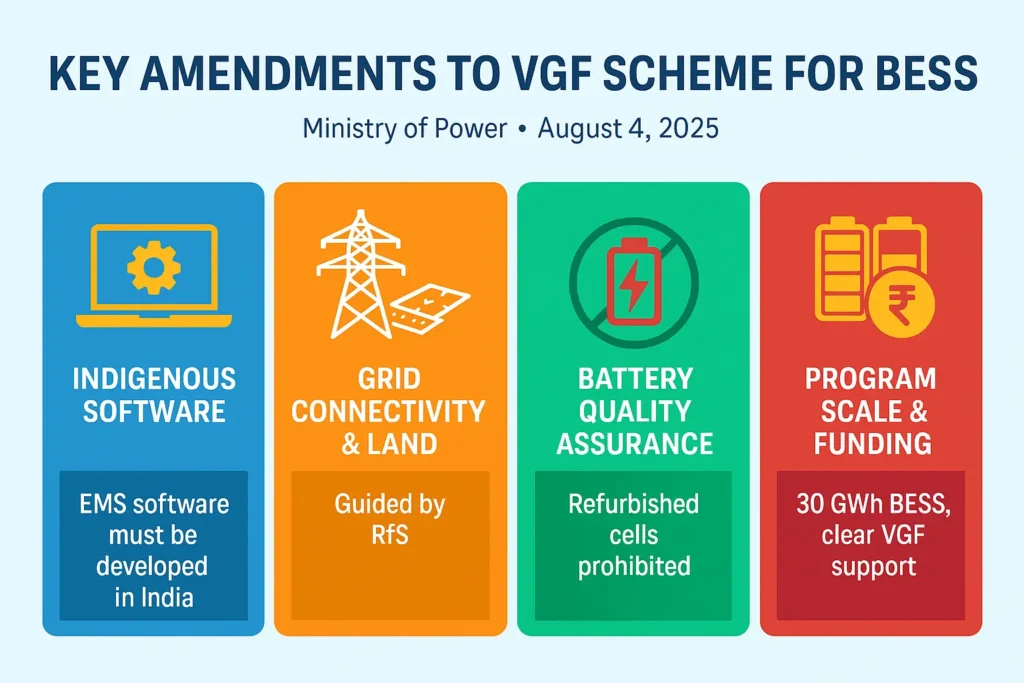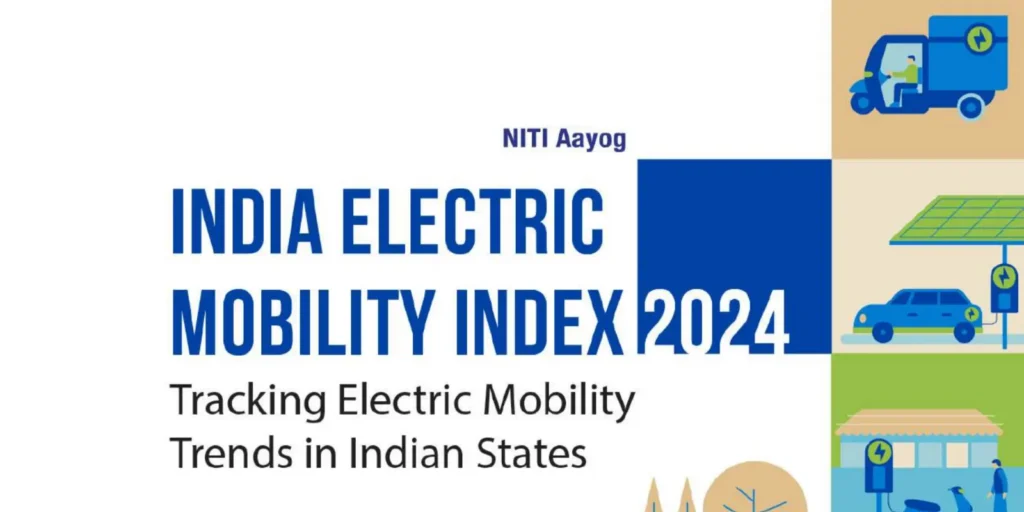
Norway is making significant strides in sustainable transportation with the installation of its first wireless charging road for electric vehicles (EVs) in Trondheim. This innovative project features a 100-meter segment embedded with copper coils beneath the road surface, allowing electric vehicles to charge while in motion. The pilot program is set to last for one year, during which the system’s performance and efficiency will be rigorously tested.
The Technology Behind Norway’s Wireless EV Charging
The wireless charging system operates on the principle of inductive charging, where specialized copper coils generate an electromagnetic field that transfers energy to vehicles equipped with compatible receivers. Norway’s first wireless ev charging road for electric vehicles in Trondheim has been installed by Electreon Wireless, an Israel based company.
This technology aims to eliminate the need for charging stops, enabling electric buses to operate continuously throughout the day. The trial will involve three electric buses from the Chinese manufacturer Yutong and one from Higer, providing a diverse fleet for comprehensive testing of the system’s capabilities.
Objectives and Environmental Impact
The primary goal of this pilot project is to determine whether the wireless charging technology can serve as the sole energy source for the electric buses. By allowing buses to charge while driving, the initiative seeks to reduce carbon emissions and enhance the efficiency of public transport systems. Additionally, the system will be evaluated under Trondheim’s severe winter conditions to assess its resilience and reliability in extreme weather scenarios.
Resilience Under Harsh Conditions
Trondheim’s severe winter conditions will serve as a critical test for the system’s resilience. The ability to function efficiently under such challenging weather scenarios is essential for the widespread adoption of wireless charging roads, especially in regions with harsh climates.
Financial Backing and Future Prospects
The project is backed by the Norwegian government, with an estimated cost of up to 22.4 million Norwegian kroner (approximately 2.12 million US dollars). This investment underscores Norway’s commitment to pioneering sustainable transport solutions and reducing its environmental footprint. If successful, this initiative could serve as a model for similar projects worldwide, potentially revolutionizing urban mobility and electric vehicle infrastructure.
Looking Forward:
Norway’s wireless charging road represents a transformative step towards a more sustainable future in transportation. By enabling continuous charging for electric vehicles, this technology not only promises to enhance the efficiency of public transport but also aligns with global efforts to reduce carbon emissions. As the pilot program unfolds, the results could pave the way for broader adoption of wireless charging systems, marking a significant advancement in the quest for greener urban mobility solutions.
Stay tuned for further updates as this exciting venture progresses, potentially revolutionizing the way we perceive and use electric vehicles on a global scale.



